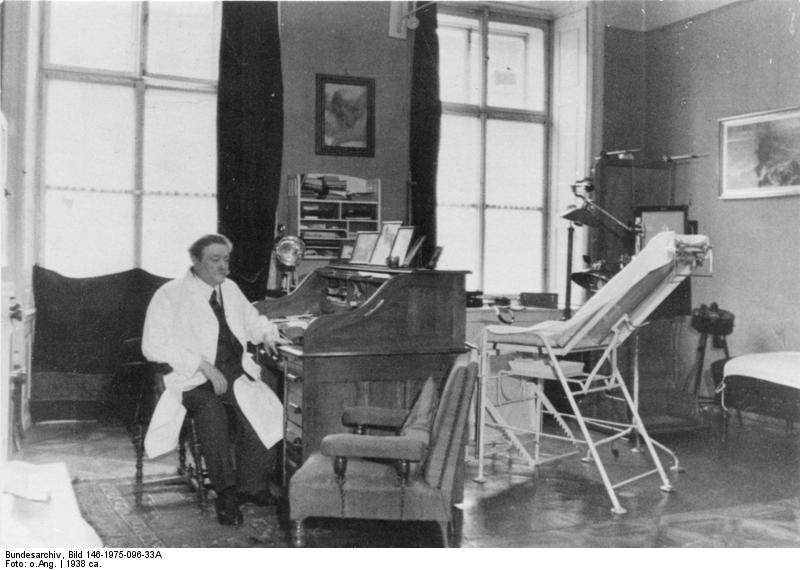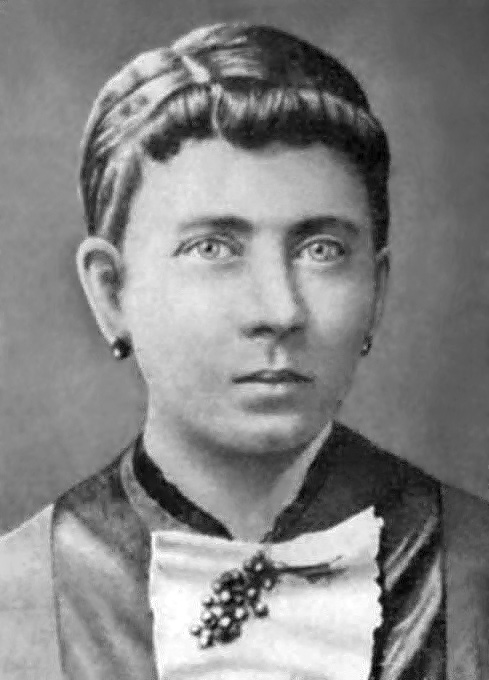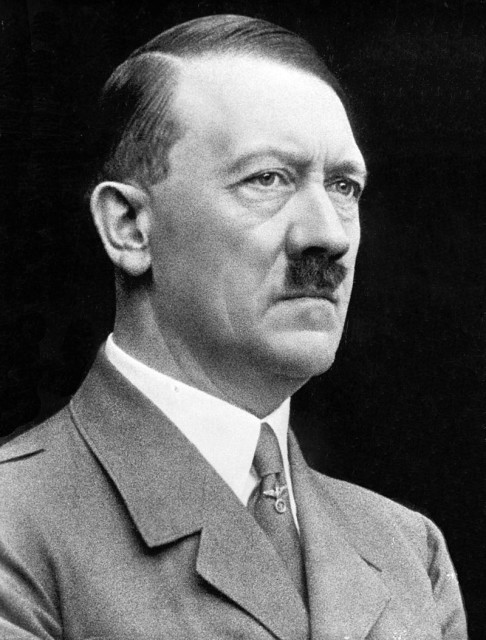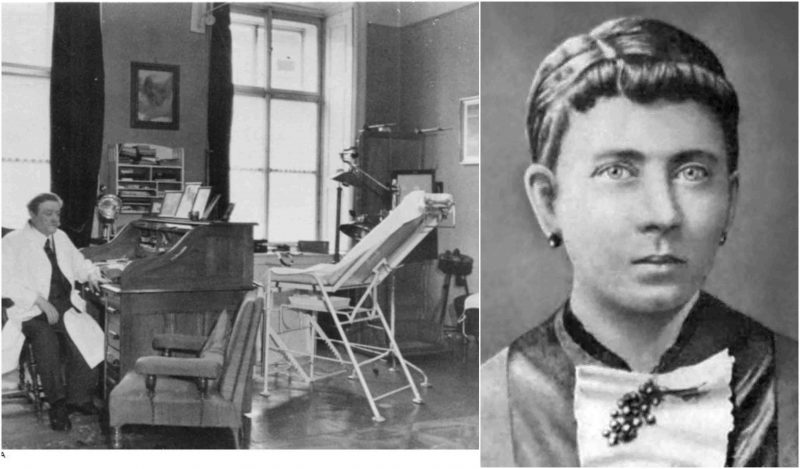Being a doctor is a difficult profession, but being Hitler’s family doctor is a whole new level of difficult. Eduard Bloch was an Austrian doctor practicing in Linz (Austria) and until 1907 the physician of Adolf Hitler’s family.
Bloch was born in Frauenberg (today Hluboká nad Vltavou, Czech Republic), studied medicine in Prague and then served as a medical officer in the Austrian army. In 1899 he was stationed in Linz and opened a private doctor’s practice after his discharge in 1901 in the baroque house at 12 Landstrasse, where he also lived with his family: his wife, Emilie (née Kafka) and their daughter Trude, born in 1903. According to Linz’s future mayor Ernst Koref, Bloch was held in high regard, particularly among the lower and indigent social classes. It was generally known that at any time at night he was willing to call on patients. He used to go on visits in his hansom, wearing a conspicuous broad-brimmed hat. Like most Jews in Linz at the time, the Bloch family were assimilated.

In 1904, Hitler had become seriously ill and was bedridden due to a serious lung ailment. Due to this, he was allowed to abandon his school career and return home. However, after checking Hitler’s files Bloch later maintained that he had treated the youth for only minor ailments, cold or tonsillitis and that Hitler had been neither robust nor sickly. He also stated that Hitler did not have any illness whatsoever, let alone a lung disease
In 1907 Hitler’s mother, Klara Hitler, was diagnosed with breast cancer. She died on 21 December after intense suffering involving daily medication with iodoform, a foul-smelling and painful corrosive treatment typically used at the time and administered by Bloch. Because of the poor economic situation of the Hitler family, Bloch charged reduced prices, sometimes taking no fee at all. The then 18-year-old Hitler granted him his “everlasting gratitude” for this.

Bloch said that Hitler’s most striking feature was his love for his mother: “While Hitler was not a mother’s boy in the usual sense, I never witnessed a closer attachment. Their love had been mutual. Klara Hitler adored her son. She allowed him his own way whenever possible. For example, she admired his watercolor paintings and drawings and supported his artistic ambitions in opposition to his father at what cost to herself one may guess”. However, Bloch expressly denies the claim that Hitler’s love for his mother was pathological.
In his memory, Hitler was the “saddest man I had ever seen” when he was informed about his mother’s imminent death. He remembered Klara Hitler, Hitler’s mother, as a very “pious and kind” woman. “Sie würde sich im Grabe herumdrehen, wenn sie wüsste, was aus ihm geworden ist.” (“She would turn in her grave if she knew what became of him.”) According to Bloch, after Alois Hitler’s death the family’s financial resources were scarce. He mentioned that Klara Hitler had lived frugally and had not indulged in even the smallest extravagance.

In 1908 when Hitler wrote Bloch a postcard assuring him of his gratitude and reverence which he expressed with handmade gifts, as for example, a large wall painting which according to Bloch’s daughter Gertrude (Trude) Kren (born 1903 in Austria, died 1992 in the USA) was lost in the course of time. Even in 1937, Hitler inquired about Bloch’s well-being and called him an “Edeljude” (“noble Jew”). Bloch also apparently had a special fondness for the Hitler family which was to serve him well in the future.
After Germany’s union with Austria in March 1938 (Anschluss) life became harder for Austrian Jews. After Bloch’s medical practice was closed on 1 October 1938, his daughter and son-in-law, Bloch’s young colleague Dr. Franz Kren (born 1893 in Austria, died 1976 in the USA), emigrated overseas.
The 62-year-old Bloch then wrote a letter to Hitler asking for help and was as a consequence put under special protection by the Gestapo. He was the only Jew in Linz with this status. Bloch stayed in his house with his wife undisturbed until the formalities for his emigration to the United States were completed. Without any interference from the authorities, they were able to sell their family home at market value, highly unusual with the distress sales of emigrating Jews at the time. However, they were allowed to take only the equivalent of 16 Reichsmark out of the country; the usual amount allowed to Jews was a mere 10 Reichsmark.
In 1940 Bloch emigrated to the USA and settled in the Bronx, 2755 Creston Avenue, New York City but was no longer able to practice medicine as his medical degree from Austria-Hungary was not recognized. He died of stomach cancer in 1945 at age 73, barely a month after Hitler’s death.
